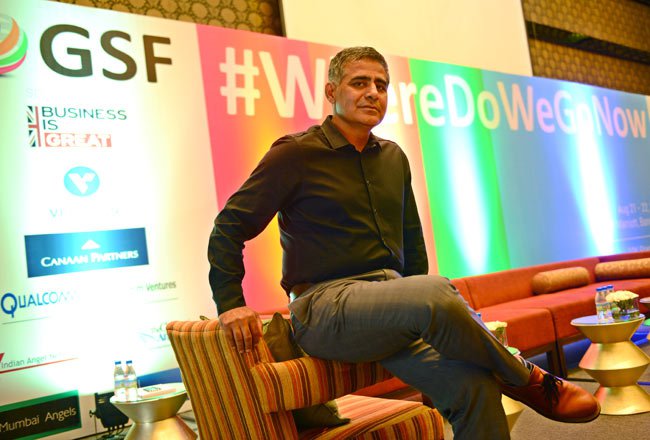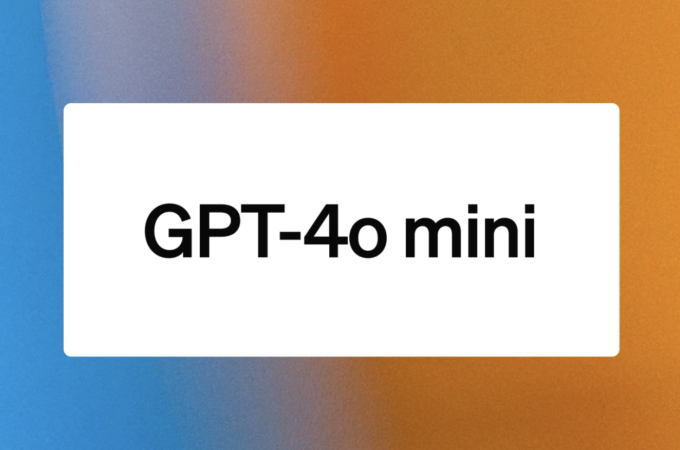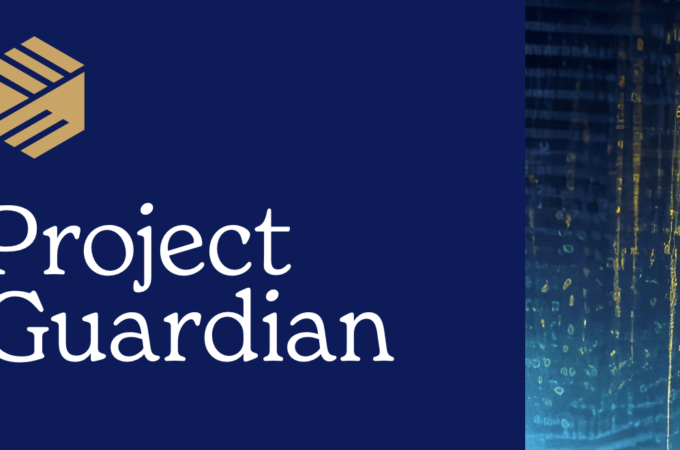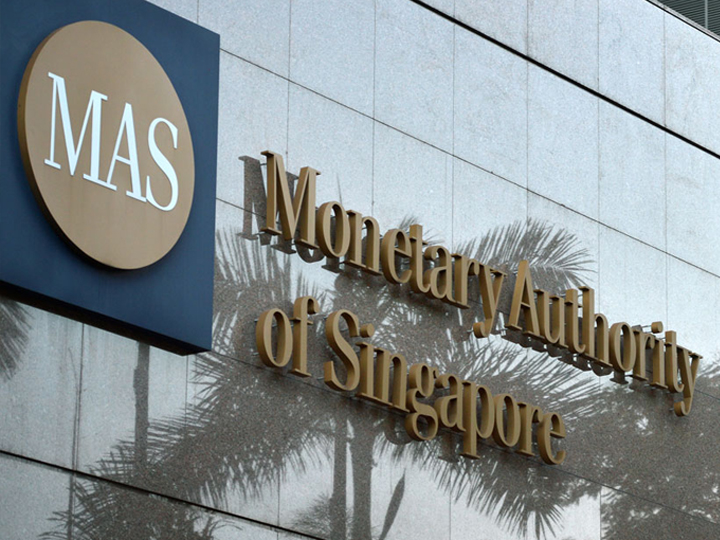
GSF India Is Now Hunting Internet Of Things Startups For Its Accelerator Program
TECHCRUNCH: GSF India, the Bangalore-headquartered accelerator program and angel investment firm, is broadening its scope to cover young startups in India’s internet of things space. The organization has partnered global tech giant Cisco for batch four of its incubator program — and, importantly, extended the deadline for applications until March 17.
The organization was founded two years ago by serial angel investor Rajesh Sawhney, who saw the potential to invest in the early stage of India’s startup ecosystem with a Techstars-like program. Initially, GSF India focused broadly on mobile and internet tech in India, but now — having added a focus on digital media, last year — Sawhney is extending the reach to what he thinks will be the next big trend in India.
“[Adding a focus on the internet of things] feels like when I first started,” he told TechCrunch in an interview, revealing that he’d met with over 50 IoT startups in India. “We had some idea of what we’d find but were not exactly sure. This feels like an adventure — there will be a lot of innovation coming in this area from this segment in this part of the world.”
Adding Cisco as a partner, Sawhney said, will help tap into the tech giant’s knowledge base, and could unlock doors for GSF India participants.
The term ‘internet of things’ conjures up images of wearables or perhaps smart home tech like Nest, but Sawhney envisages a far wider scope for GSF India’s newest category.
“It isn’t just hardware, there are also [opportunities in] software and big data. For example, home automation and water management, or manufacturing and shop floor technology. There are also some startups in the security space, and a few in the smart city space,” he said.
Beyond focusing on new categories, GSF India also takes a global approach to its program, and that’s no different with batch four.
The program will take four to five companies in each of its three categories — mobile, digital media and internet of things — for a four-month spell. In addition to providing $45,000 to each startup selected, the group gains access to GSF India’s mentor network, and will spend a significant part of the course overseas.
The batch will be anchored in Bangalore, and after seven weeks in India they will visit the U.S. for a month, primarily spending time in Silicon Valley. Germany, and Cisco’s internet of things center, is the next stop for a week. The program will round out with a week in Singapore in July.
GSF India’s workshops will operate using parallel tracks for each category, but Sawhney said the idea is to help them “feed on” ideas and innovation from each other.
Going to the U.S. and Europe makes sense for exposing young companies to different ecosystems, but Shawney said that a stint in Southeast Asia is equally as valuable.
“Singapore is important because it’s a gateway to Southeast Asia,” he explained. “Our startups can attract investment there, [and some graduated startups] have now expanded using Singapore to launch in multiple markets. I want our batch to learn and build relationships — it could be fertile ground for Indian startups to expand.”
The concept of Internet of Things currently sounds very U.S.-centric, given that most of the most prominent companies are based Stateside, but Sawhney believes that the category is ripe for localization, and particularly in India where the government is pushing a focus on ‘smart cities’. Not to mention that the local startup scene is beginning to boom with increasing investment and acquisition deals, and talent arriving from overseas.
“Smart accelerators should see the trends earlier, that’s why we’re investing in this and building a portfolio and companies that will be ready for venture capital in a few years. There’s no rear-view mirror driving, but at the same time you can’t be out of sync with the market,” he said of the challenges of running GSF India.




